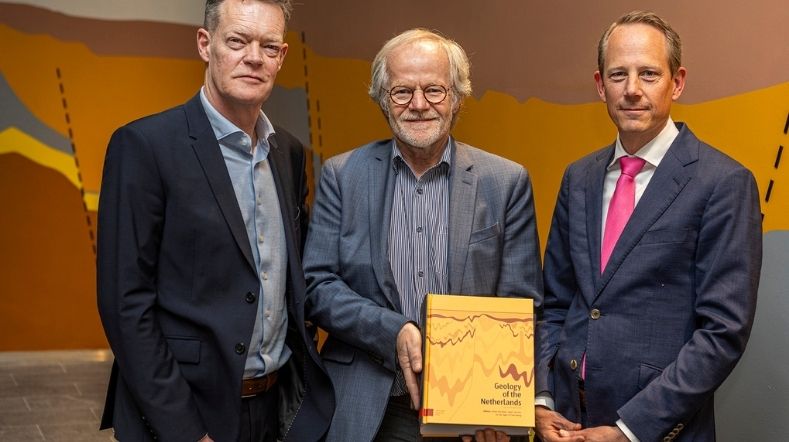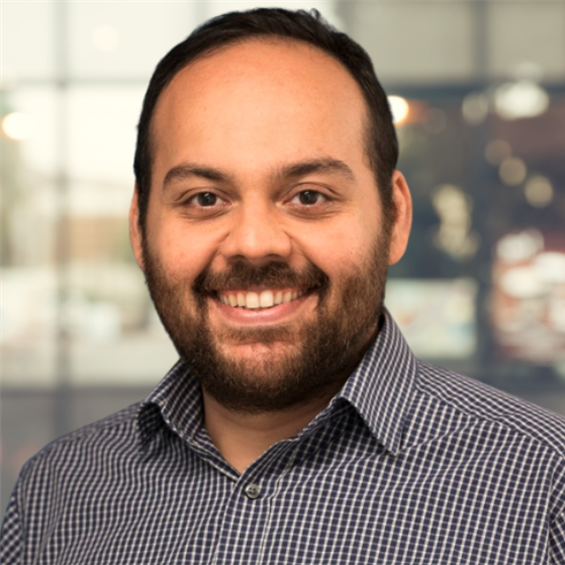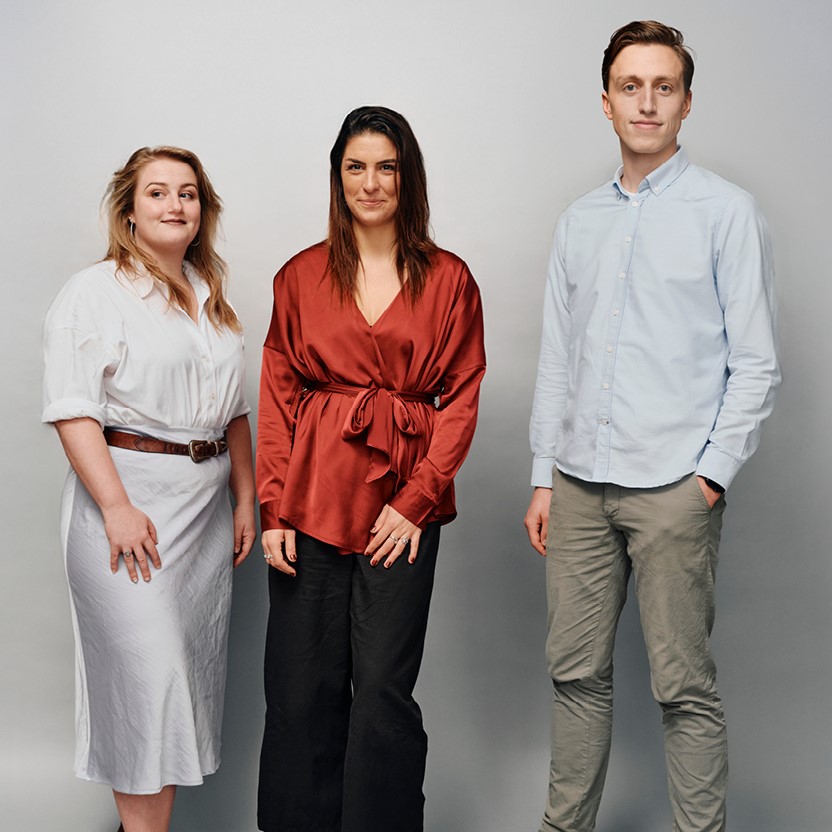
AI makes geothermal energy more efficient and productive
Artificial intelligence (AI) and machine learning are increasingly being used in the energy sector to support complex processes and decision-making. This leads to greater efficiency, less downtime, cost reduction and a smaller carbon footprint. TNO has shown in the geothermal sector that much more insight can be gained from available data using AI to improve processes and even predict possible disruptions.
‘‘The main reason for us to participate in this project with TNO is to obtain more useful information from our operational processes, and to get it faster. Until recently, we mainly analysed the performance of our production processes retrospectively, whereas now we get real-time data for making adjustments if necessary. That’s a huge gain.’’
Heat extraction and storage
Aardyn collaborates with TNO on several projects, including WarmingUPGOO (Geothermie & Opslag en Opschaling, in English, ‘Geothermal & Storage and Scaling up’), aimed at accelerating and expanding geothermal and underground heat storage in the Netherlands. Digitalisation of geothermal production processes, linking to models, and deployment of AI enable real-time analysis and decisions.
For example, TNO has developed a digital twin system for geothermal and underground heat storage (GEMINI) to enable real-time decision-making, performance prediction, and fault detection. That means less downtime, lower maintenance costs, and increased safety.
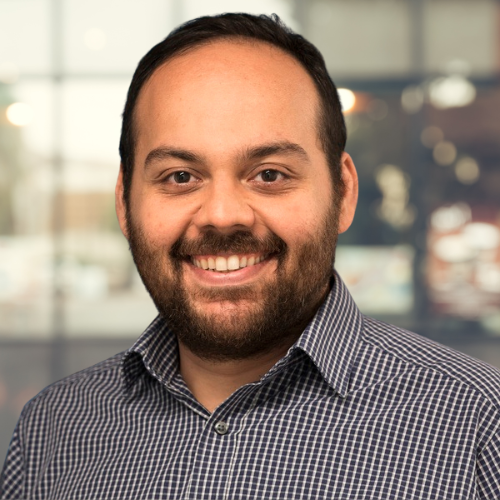
‘‘There’s a great need for this in the energy sector. The first application we’ve delivered for geo-energy systems is a sound basis for further development in more domains.’’
Sound basis
Pejman Shoeibi Omrani, Senior Scientist Energy Transition at TNO, says:
‘‘We’ve long been active in developing AI technologies and models to support decision-making on operational processes. There’s a great need for this in the energy sector, in connection with tightened climate targets, the accelerating energy transition, the materials transition, decarbonisation, incorporation of renewable energy, and a host of issues that have made decision-making much more complex. The first application we’ve delivered for geo-energy systems is a sound basis for further development in more domains.’
Real-time analytics
Extracting new insights from data using AI is already complex in itself, says Pejman. A sector such as geothermal energy does not have what is called big data. First, the data have to be measured by sensors at the heat source during the production process. Such data include pump performance, temperature, pressure, flow rates, vibration, voltage, power, and other parameters. Here, TNO combines various areas of expertise – geothermal, sensor technology, ICT, models, and more. These data are continuously measured and transmitted for real-time analyses and decision-making in GEMINI.
Valuable information
‘‘And that’s precisely what is of added value for us,’ says Bas. ‘Many companies are good at generating data, but processing it and gaining new insights from it at lightning speed is another story. TNO, with its combined expertise encompassing energy and AI, has now achieved that.
In the past, we could only analyse data obtained previously. Now, we obtain real-time data from our geothermal plants and can immediately interpret the data and make adjustments where necessary. So this is a change from retrospective data with limited value to valuable information that we can really use.’
Preventing mistakes
As an example, he mentions the productivity index, a widely used measure in geothermal energy of how reservoirs are performing. Based on this, it is possible to see whether a reservoir is starting to produce more or less, or whether there are changes or deviations – all of which are parameters that a geothermal company uses to conduct analyses.
Bas explains: ‘‘The index contains several measurements we can act on, but it also says something about the integrity of our entire system on site. Suppose you have a blockage in the well somewhere. The productivity index will be a first indication and you can deduce where and to what extent something is potentially wrong somewhere. We now have those data in real time, and the models therefore give a more accurate prediction of what could go wrong. That’s going to save a lot in maintenance and avoid unnecessary downtime in production.’’
Extra boost
Being able to produce more efficiently and prevent breakdowns means an extra boost to the growing geothermal sector. Until now, it has mainly been greenhouse horticulture using the earth as a heat source, with the largest concentration of users in the Rotterdam-The Hague region. Geothermal energy is now becoming available in ever more places in inhabited areas (now 36 doublets, geothermal wells).
Aardyn is actively working in the above-mentioned region, but also in other parts of the Netherlands, to bring geothermal energy to the built environment. For example, drilling is currently underway for a project at Delft University of Technology to provide geothermal energy to the campus and part of the city.
‘‘Geothermal is an indispensable link in the transition to a sustainable energy supply. Being able to make faster and better decisions by applying AI and digital twin technology is a key impetus in this regard.’’
Header image: RCSG / Floris Scheplitz
Get inspired
Further growth in geothermal energy production in 2024


New map reveals coastal resilience and vulnerability across Europe
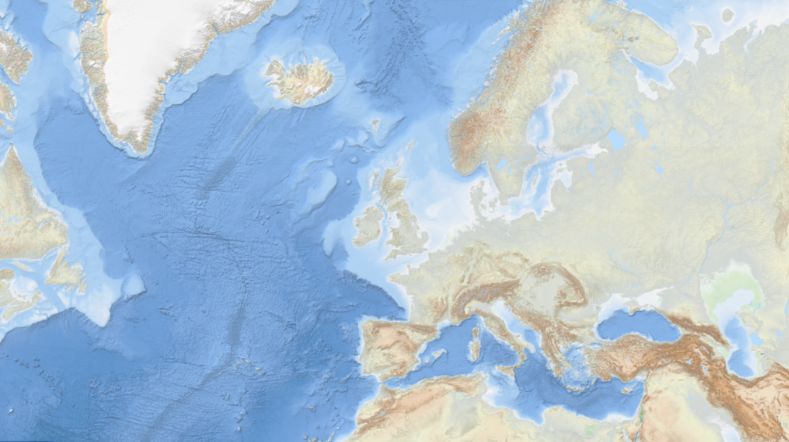

Helicopter survey will provide 3D image of salinisation and subsurface
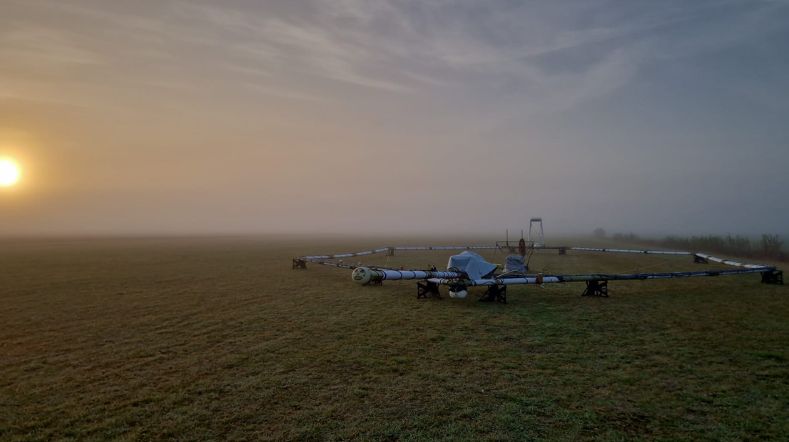

Methane emissions in the North Sea Symposium
Geology of the Netherlands: the wealth of knowledge under our feet
